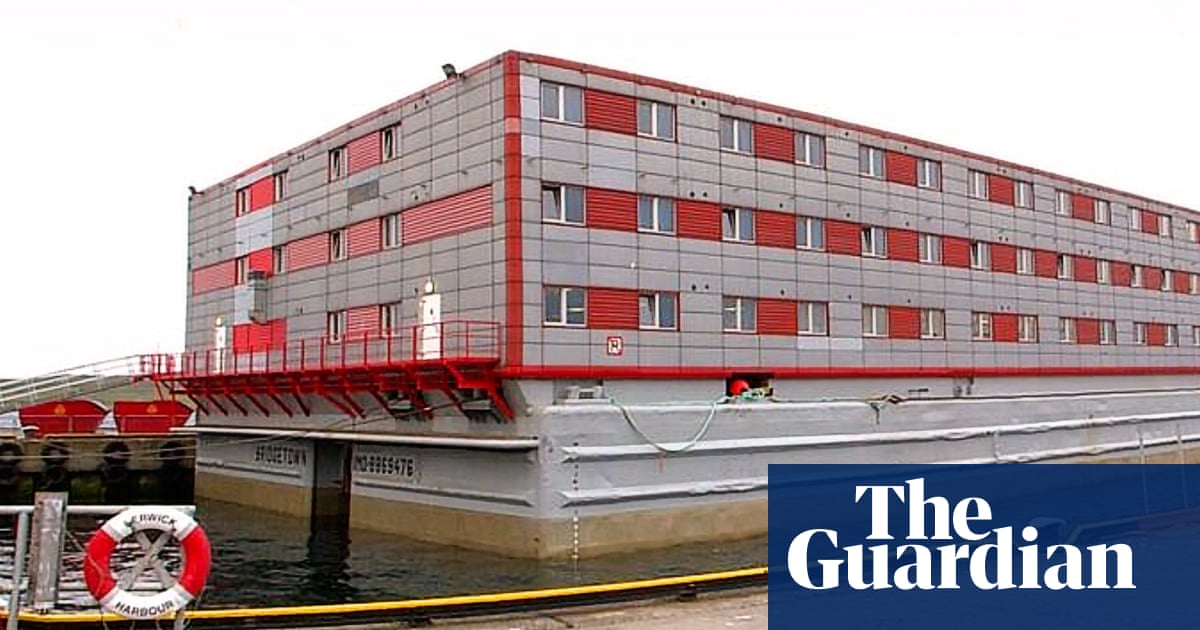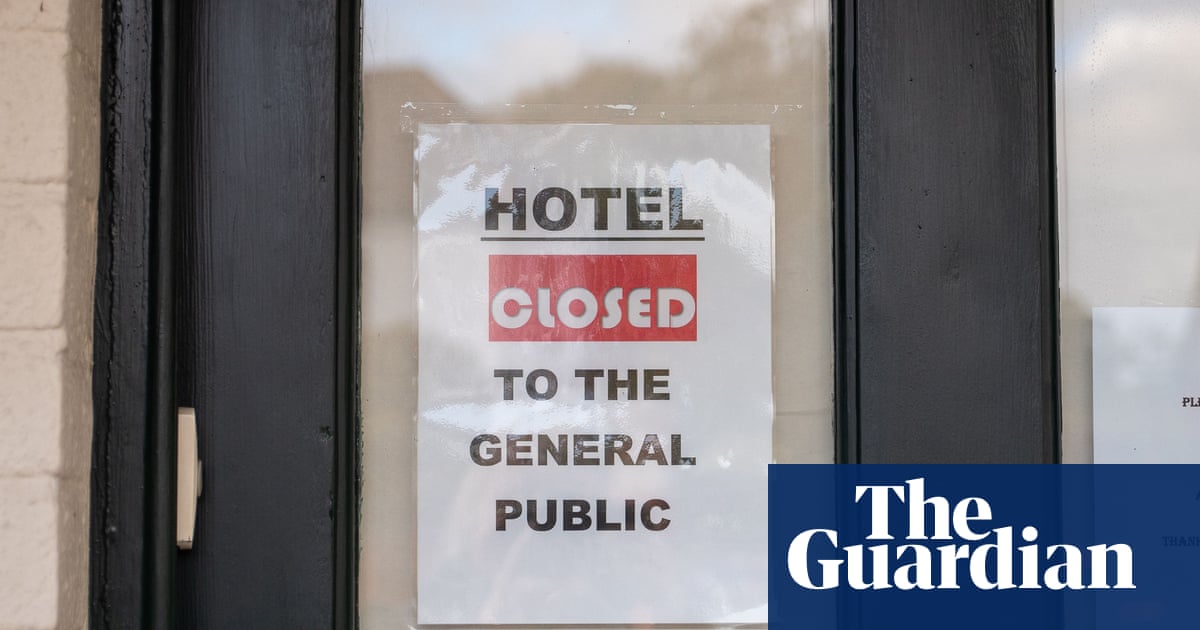
A high-court judge has ordered the Home Office to pay for a hotel for a vulnerable asylum seeker and her two young children, after twice placing them in unsafe accommodation over the past 10 months.
The woman and her two children aged eight and nine were placed in Home Office accommodation last August, but made repeated complaints about the conditions. Concerns were raised about the risk to the woman and her children of remaining in that accommodation by the children’s school, social services, lawyers and charities.
After almost 10 months they were finally moved last Friday to a dirty, insect-infested hotel in east London where, the woman told the Guardian, physical distancing was impossible and she witnessed prostitution.
In an emergency high-court Skype hearing on Wednesday Mr Justice Choudhury ordered the Home Office to pay for a hotel close to the children’s school which is clean and safe until more suitable long-term accommodation in the area can be found.
The woman’s barrister, Raza Halim, told the high court: “This hotel is not fit for habitation, let alone during a pandemic. There is prostitution there in plain sight.”
Home Office barrister Zane Malik told the court that the government was unable to find the family alternative accommodation in east London and wanted to move the family to Plymouth. He said that the hotel the family had been placed in complied with Public Health England guidelines.
The judge rejected the Home Office’s plan to uproot the children from their school and move the family to Plymouth and said in his judgment the accommodation provided was not suitable and that the evidence provided by the mother about the poor conditions in the hotel the Home Office moved the family to last Friday seemed credible and reliable.
Of the children, the judge said: “This is a delicate stage for them and any serious disruption could have a long-term deleterious effect on their mental and physical health.”
It is highly unusual for an individual asylum seeker’s accommodation problems to go all the way to the high court and for a judge to make an order of this kind.
Figures provided to the Home Affairs Select Committee by the Home Office’s three accommodation providers reveal that 2,660 asylum seekers are still sharing rooms during the pandemic and that although tens of thousands are in Home Office accommodation only 43 people have accessed Covid-19 tests.
The woman and her children are of Uighur origin. Last August the Home Office put her and her children in unsuitable, overcrowded accommodation with another mother and her three children.
She complained about a catalogue of incidents including the other mother barring her children from using the one toilet in the accommodation before they went to school in the mornings, assaulting one of the children with a metal rod, breaking the woman’s kitchen utensils and pouring foul smelling liquid over the family. She found two dead rats in the family’s bedroom. It took almost 10 months for the family to be moved to new accommodation.
Evidence from the children’s school said that despite the fact that the children had not been in the country for long they had settled in well at school, were “model students” and that the speed with which they had learnt English was “remarkable”.
The children are continuing to attend school during the pandemic due to their vulnerability.
Maria Thomas of Duncan Lewis solicitors, representing the woman and her two children, said: “Our client was subjected to harassment, racist abuse and overcrowding. Despite her pleas for help the home secretary did nothing to resolve this and placed her and her children in a hotel which was unhygienic, unsafe and failed to comply with the government’s guidelines for social distancing.”
A Home Office spokesperson said: “We do not comment on legal proceedings, but we take the wellbeing of those in asylum accommodation extremely seriously, and if an individual has concerns about their accommodation or the service provided, they can raise the matter with Migrant Help or the Home Office, and we will take appropriate action. We are monitoring providers closely and will take swift action to address concerns where they are raised.”












